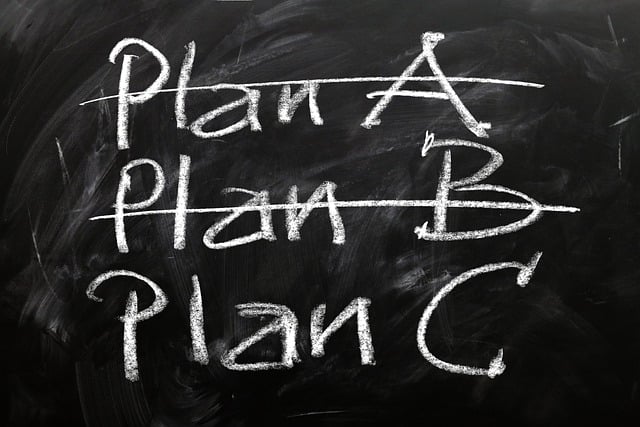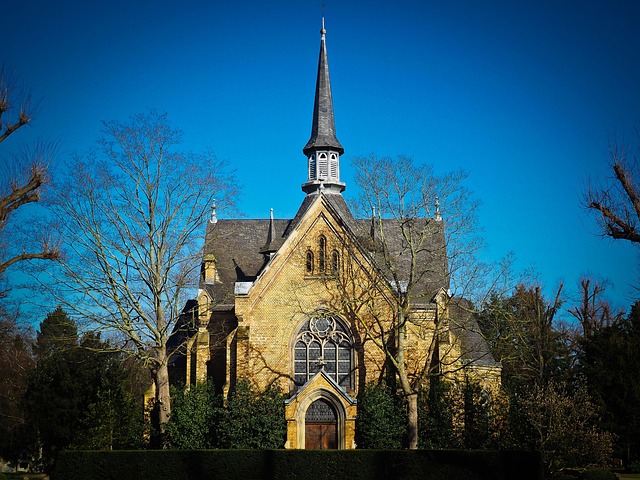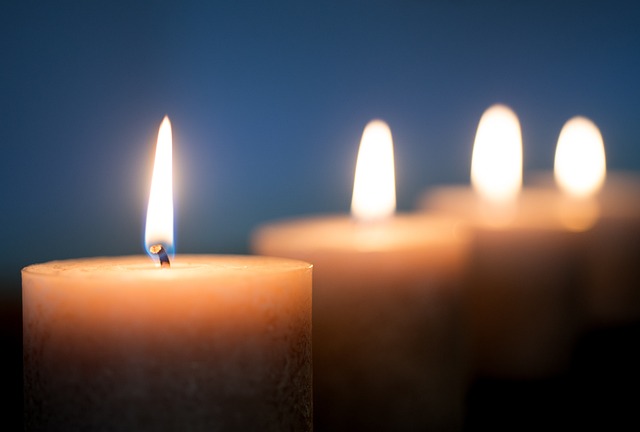In times of loss, Dignified Funeral Plans provide essential support by allowing individuals to customize final send-offs according to personal preferences and cultural traditions. These plans offer peace of mind, ensuring every detail is handled meticulously while families focus on mourning. Personalization includes meaningful rituals and venues that resonate with the departed's identity, providing comfort and honoring their unique life and beliefs. Balancing legal considerations and practical arrangements, pre-planning simplifies matters financially and logistically. Post-funeral traditions, deeply rooted in various cultures, support the grieving process by offering opportunities to come together, share memories, and find solace through ceremonies and memorial keepsakes.
In a time of profound loss, planning a dignified funeral ensures your loved one is honored according to their wishes. This comprehensive guide explores the significance of personalized end-of-life arrangements, from understanding core elements to navigating legalities. We delve into creating meaningful ceremonies, respecting post-funeral traditions, and providing solace through thoughtful considerations. Empower yourself with knowledge—dignified funeral plans offer peace of mind during an emotional journey.
- Understanding the Importance of Dignified Funeral Plans
- Key Elements of Creating a Personalized Ceremony
- Legal and Practical Considerations for Peace of Mind
- Supporting Grief with Respectful Post-Funeral Traditions
Understanding the Importance of Dignified Funeral Plans

When facing the loss of a loved one, it’s natural to feel overwhelmed and emotional. During this challenging time, having Dignified Funeral Plans can offer much-needed peace of mind. It allows you to honour your cherished one’s life and ensure their final journey reflects their uniqueness and dignity.
These plans cater to individual preferences and cultural traditions, providing a sense of control and comfort. By preplanning, you can select various elements, from the funeral service itself to memorialisation options, knowing that every detail will be executed with care. This proactive approach not only eases the burden on your family during an already difficult time but also guarantees that your loved one’s farewell is as they would have wished, leaving a lasting tribute.
Key Elements of Creating a Personalized Ceremony

When planning a dignified funeral, personalizing the ceremony is essential to ensure your loved one’s unique life and beliefs are honored. Key elements include selecting meaningful rituals and customs that reflect their identity—whether it’s incorporating favorite music, readings from their favorite book, or specific prayers or blessings. This customization adds depth and poignancy to the event.
Additionally, choosing a venue that aligns with their preferences is vital. It could be a peaceful garden setting, a grand church, or even a beachside location, depending on their wishes. Personalized details like these provide comfort, allowing you to envision your loved one’s favorite aspects of life being celebrated as they would want.
Legal and Practical Considerations for Peace of Mind

When planning a dignified funeral, it’s essential to consider both legal and practical aspects to ensure peace of mind. Legally, knowing that all necessary paperwork is in order can provide significant comfort. This includes ensuring the deceased’s wishes are respected, such as their preferred type of service, burial or cremation options, and any specific cultural or religious traditions they wished to follow. It also involves designating a designated beneficiary for assets and insurance policies, which can help streamline financial matters during an emotional time.
Practically, pre-planning allows you to make crucial decisions about funeral arrangements, such as choosing a funeral home, selecting caskets or urns, and arranging for floral tributes. Many dignified funeral plans also include options for memorial keepsakes, like personalized urns or plaques, to honor the life of your loved one in a meaningful way. By taking care of these details, you can focus on what truly matters—celebrating their life and remembering them with dignity.
Supporting Grief with Respectful Post-Funeral Traditions

After a loved one passes, respectful post-funeral traditions can play a significant role in supporting the grieving process. Many cultures have long-standing customs that involve memorial services, visits to cemeteries, or even specific rituals to honor the deceased. These practices provide an opportunity for friends and family to come together, share memories, and find solace in each other’s company.
In the context of dignified funeral plans, these post-funeral traditions can be carefully curated to reflect the personality and values of the departed. For example, a quiet gathering at home, where stories are shared and tears are shed collectively, can offer a sense of comfort and peace. Alternatively, a more public memorial service followed by a celebration of life can allow the community to pay their respects and keep the memory of the loved one alive. Such traditions help in transitioning from mourning to remembrance, ensuring that the deceased is honored with the respect and love they deserved during their lifetime.
In planning a dignified funeral, you offer your loved one a final tribute that reflects their unique life and ensures peace of mind for you and your family. By incorporating personalized elements, respecting cultural traditions, and considering legal requirements, you create a meaningful ceremony that provides solace during grief. With these thoughtful arrangements, you can find comfort knowing that your loved one’s legacy will be honored in every aspect.















